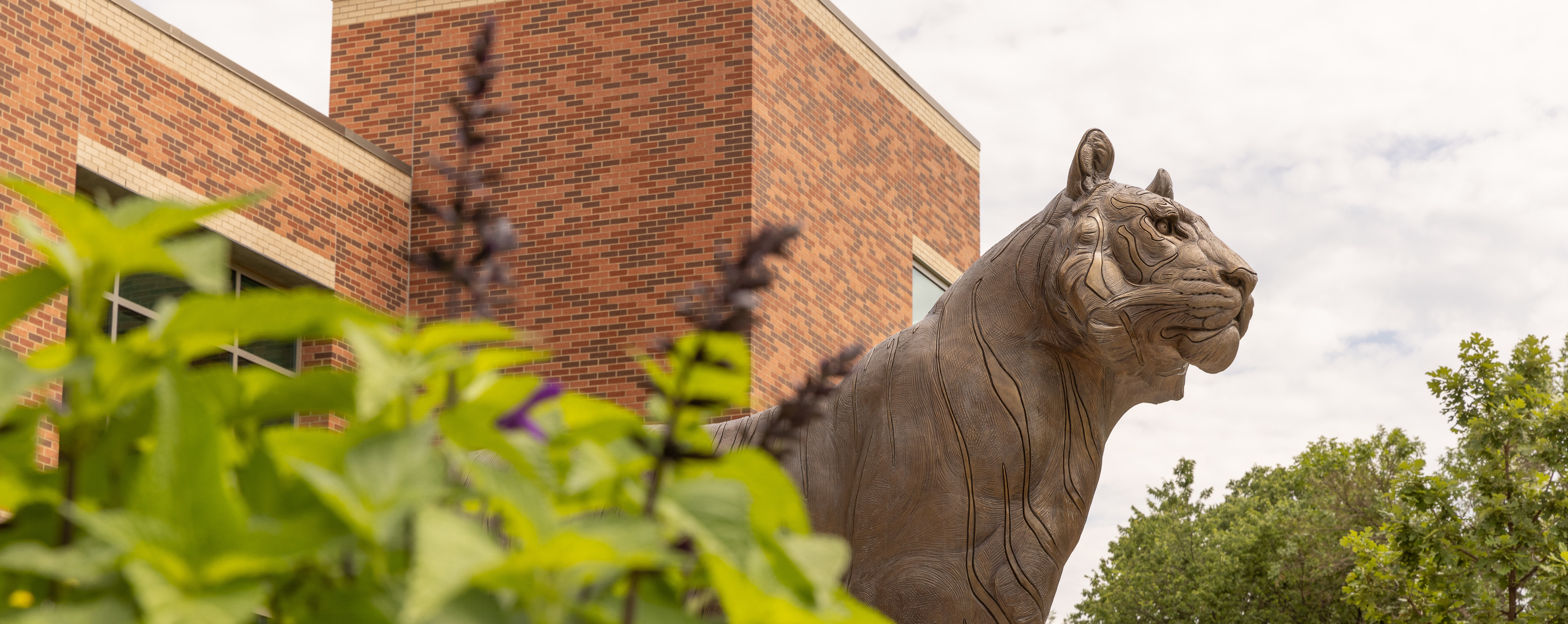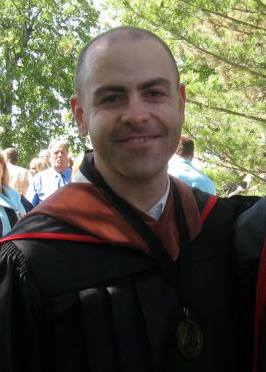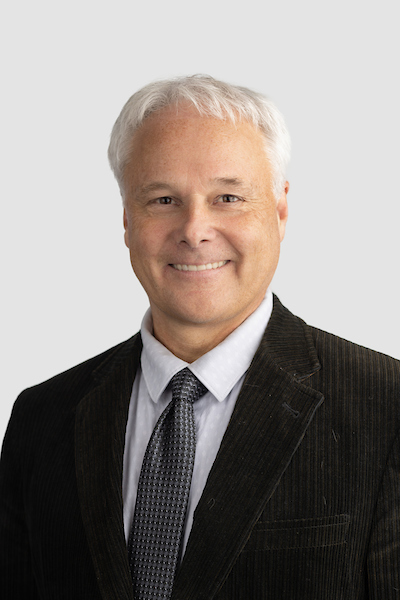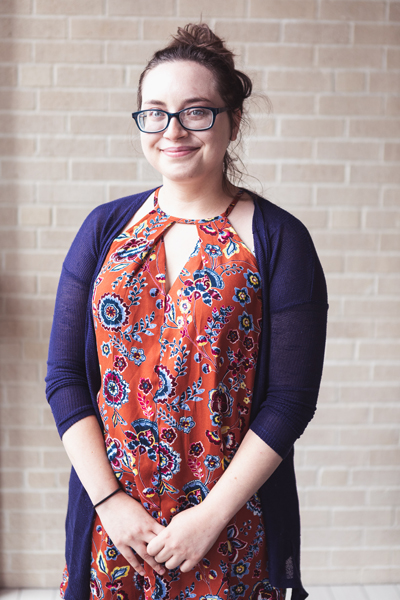
English Pathway
What can you do with a degree in English and Writing from Doane University? The real question is what can’t you do? The answer is virtually nothing.
Recent graduates from our program include actors, professional writers, online content creators, filmmakers, nurses and nurse practitioners, optometrists, attorneys, social workers, counselors, teachers, professors, ministers, librarians, software engineers, data analysts, and more. Even the General Manager of the Samuel Adams Boston Brewery, part of the famous Boston Beer Company, has an English degree from Doane University.
If you can imagine it, we can help you realize it.
Course Information
English Composition I: The Writing Seminar (ENG 101)
This course will introduce students to the practice and process of expository writing. Students will navigate the stages of formal writing projects, from initial planning to the final edit. They will identify and develop techniques to convey their ideas clearly and develop them convincingly. In doing so, they will become more intentional writers, more keenly aware of what they are doing on the page at all times, and why. Students will sharpen their ability to think critically by studying how texts work, learning to read a text for the deliberate rhetorical choices made during the writing process, and then working to solve problems themselves on the page. This work will hone their composition skills, improving their style and grammar and giving them more control and confidence as writers, in college and beyond.
English Composition II: Writing in Context (ENG 102)
This course will engage students in the process of writing as a purposeful interaction with diverse audiences in distinct settings. Through analysis and practice, students will learn to approach writing as a rhetorical transaction and thus build a foundation of principles and techniques that enable them to serve the needs and values of local and global users in the contemporary public space. They will learn to construct cogent stances based on careful inquiry. They will learn to gather technical information about complicated subjects and translate it into usable forms for busy decision makers. Along the way, they will identify and apply the theoretical underpinnings of effective written argument, thus preparing them to operate in a wide range of fields where competency is defined by accuracy, efficiency, and situational awareness. This rhetorical knowledge promotes empathy, connection, and thus equity between writers and their readers.
Introduction to Literary Fiction (ENG 237)
This course introduces students to a range of fictional forms and narrative styles. Upon successful completion of the course, students will be able to identify major components of fiction and analyze their functions to reveal the texts’ explicit and implicit meanings. Moreover, students will be able to describe several historical developments in the short and long forms of fiction. Finally, students will be able to describe how fiction operates in the investigation and expression of the human search for meaning and values.
Introduction to Creative Writing (ENG 285)
This course will engage students in the craft of storytelling. They will practice both fiction and creative nonfiction, learning to apply techniques associated with each genre for the benefit of writing in both genres. They will also identify and evaluate important distinctions between the two, notably the nonfiction writer’s burden of accuracy and authenticity. Deliberate focus on the acquisition and value of narrative knowledge will enable students to articulate how stories work and why this knowledge matters to life and work beyond the page.
Junior Year
Fall
English Composition I
Spring
Introduction to Literary Fiction
Senior Year
Fall
English Composition II
Spring
Introduction to Creative Writing
and Narrative Reasoning
Total Credits:
12
English Composition I: The Writing Seminar (ENG 101)
This course will introduce students to the practice and process of expository writing. Students will navigate the stages of formal writing projects, from initial planning to the final edit. They will identify and develop techniques to convey their ideas clearly and develop them convincingly. In doing so, they will become more intentional writers, more keenly aware of what they are doing on the page at all times, and why. Students will sharpen their ability to think critically by studying how texts work, learning to read a text for the deliberate rhetorical choices made during the writing process, and then working to solve problems themselves on the page. This work will hone their composition skills, improving their style and grammar and giving them more control and confidence as writers, in college and beyond.
English Composition II: Writing in Context (ENG 102)
This course will engage students in the process of writing as a purposeful interaction with diverse audiences in distinct settings. Through analysis and practice, students will learn to approach writing as a rhetorical transaction and thus build a foundation of principles and techniques that enable them to serve the needs and values of local and global users in the contemporary public space. They will learn to construct cogent stances based on careful inquiry. They will learn to gather technical information about complicated subjects and translate it into usable forms for busy decision makers. Along the way, they will identify and apply the theoretical underpinnings of effective written argument, thus preparing them to operate in a wide range of fields where competency is defined by accuracy, efficiency, and situational awareness. This rhetorical knowledge promotes empathy, connection, and thus equity between writers and their readers.
Introduction to Literary Fiction (ENG 237)
This course introduces students to a range of fictional forms and narrative styles. Upon successful completion of the course, students will be able to identify major components of fiction and analyze their functions to reveal the texts’ explicit and implicit meanings. Moreover, students will be able to describe several historical developments in the short and long forms of fiction. Finally, students will be able to describe how fiction operates in the investigation and expression of the human search for meaning and values.
Introduction to Creative Writing (ENG 285)
This course will engage students in the craft of storytelling. They will practice both fiction and creative nonfiction, learning to apply techniques associated with each genre for the benefit of writing in both genres. They will also identify and evaluate important distinctions between the two, notably the nonfiction writer’s burden of accuracy and authenticity. Deliberate focus on the acquisition and value of narrative knowledge will enable students to articulate how stories work and why this knowledge matters to life and work beyond the page.
Junior Year
Fall
English Composition I
Spring
Introduction to Literary Fiction
Senior Year
Fall
English Composition II
Spring
Introduction to Creative Writing
and Narrative Reasoning
Total Credits:
12
Testimonials
Faculty
Philip Jude Weitl
 Professor Philip Jude Weitl is a native of York, Nebraska, and has lived most of his life around the Platte River Valley. The creator and director of TNX, he is the current chair of the English Department and has taught a variety of courses at Doane, including Narrative Medicine, since 2005. He earned his MA in English from Kansas State University and his MFA in Creative Writing from the University of Nebraska. Fun fact: his first job out of college saw him serve as the speechwriter and deputy press secretary for a former Nebraska governor.
Professor Philip Jude Weitl is a native of York, Nebraska, and has lived most of his life around the Platte River Valley. The creator and director of TNX, he is the current chair of the English Department and has taught a variety of courses at Doane, including Narrative Medicine, since 2005. He earned his MA in English from Kansas State University and his MFA in Creative Writing from the University of Nebraska. Fun fact: his first job out of college saw him serve as the speechwriter and deputy press secretary for a former Nebraska governor.
Bradley Johnson

Professor Bradley Johnson has taught at Doane University since 2001. He holds a Master of Theological Studies degree from Duke University as well as MA and PhD degrees from the University of Connecticut. His published articles include analyses of the works of William Faulkner, Augusta Jane Evans, Herman Melville, and others. He also co-founded and now co-directs the Integrated Humanities Program at Doane. He and his wife Michelle have raised two sons in Lincoln, Nebraska. Fun facts: Brad’s favorite book is Moby Dick, and he as taught ## different courses during his time at Doane.
Melanie Ritzenthaler
 Professor Melanie Ritzenthaler has taught at Doane University in Nebraska since 2022. She received her MFA and MA in Fiction from McNeese State University and her PhD at Ohio University, where she also received a certificate in Gender and Sexuality Studies. Fun fact: Melanie originally had an interest in going into a different field, graduating with a BA in Psychology from The Ohio State University.
Professor Melanie Ritzenthaler has taught at Doane University in Nebraska since 2022. She received her MFA and MA in Fiction from McNeese State University and her PhD at Ohio University, where she also received a certificate in Gender and Sexuality Studies. Fun fact: Melanie originally had an interest in going into a different field, graduating with a BA in Psychology from The Ohio State University.
Jeremy Caldwell
 Jeremy Caldwell serves as Director of the Writing Center for Doane University in Nebraska. He earned his MA in English from the University of Nebraska-Lincoln. His writing has been published in Comstock Review, Work Literary Magazine, Potomac Review, and Prairie Schooner, among others. He also leads the public reading series Write Out Loud and the annual Sandhills Writing Marathon with students each spring. Fun fact: Jeremy has written a haiku almost everyday for the past five years.
Jeremy Caldwell serves as Director of the Writing Center for Doane University in Nebraska. He earned his MA in English from the University of Nebraska-Lincoln. His writing has been published in Comstock Review, Work Literary Magazine, Potomac Review, and Prairie Schooner, among others. He also leads the public reading series Write Out Loud and the annual Sandhills Writing Marathon with students each spring. Fun fact: Jeremy has written a haiku almost everyday for the past five years.





